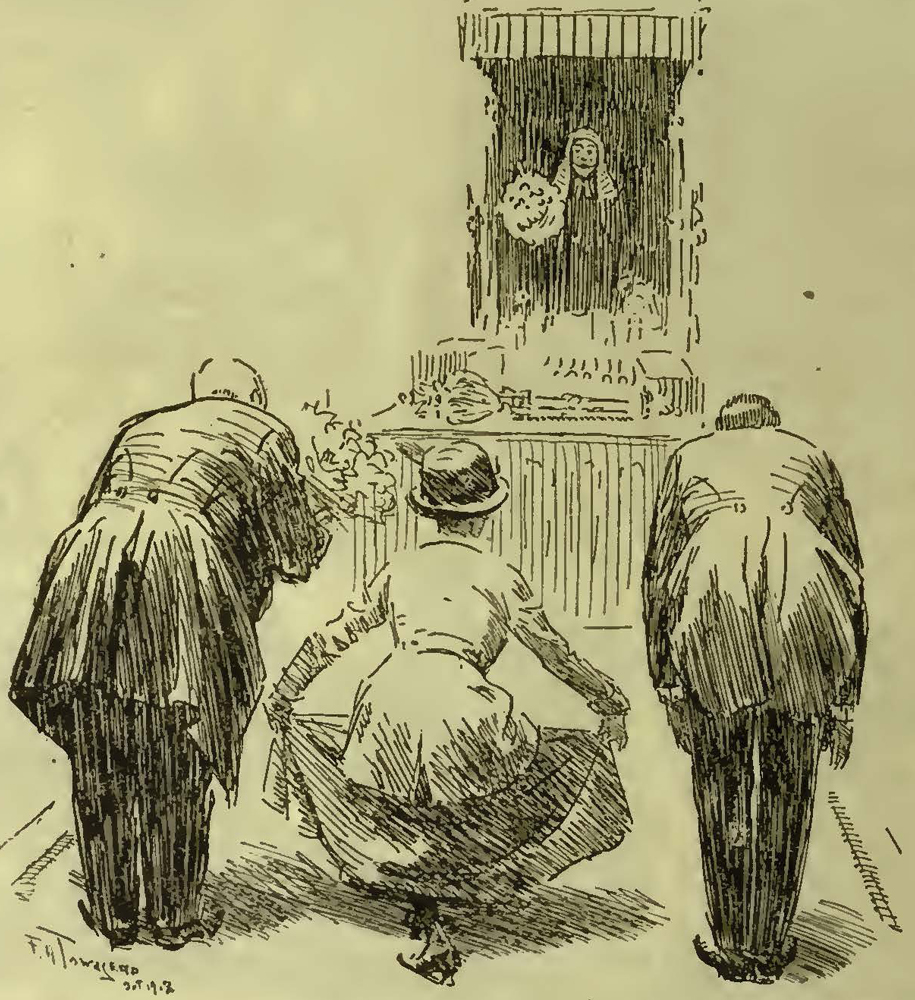Women to be allowed stand for election
London, 24 October 1918 - A resolution in favour of a bill to allow women to be returned as Members of Parliament was adopted by a large majority – 274 votes to 25 – in the House of commons yesterday.
The prospect of women MPs in Westminster is the logical extension of the recent franchise reforms, but it was only confirmed yesterday by a vote in the House of Commons. Former Home Secretary, Herbert Samuel, said that it followed that if sex were not to be a bar against citizenship, it should not be a bar to participation in parliamentary life.
Among the small number of opponents of the resolution was Sir F. Banbury, who said it was premature and that it ought to be seen what effect giving the vote to women has first.
The change in the law is not expected to bring much change to the complexion of the House of Commons, however.
The Daily Telegraph has published a list of possible women candidates that does not extend to a dozen, while in jurisdictions around the world where women are eligible for entry to parliament, there has been no significant female number elected.
In the United States, where women have been for some time eligible for Congress, only one has been elected. And in Australia, where women are eligible for election to both houses of parliament, none have been so far returned.
A date is still to be set for the general election.
Dr Margaret Ward explains the early stages of the Irish suffrage movement in the 19th century
[Editor's note: This is an article from Century Ireland, a fortnightly online newspaper, written from the perspective of a journalist 100 years ago, based on news reports of the time.]





















